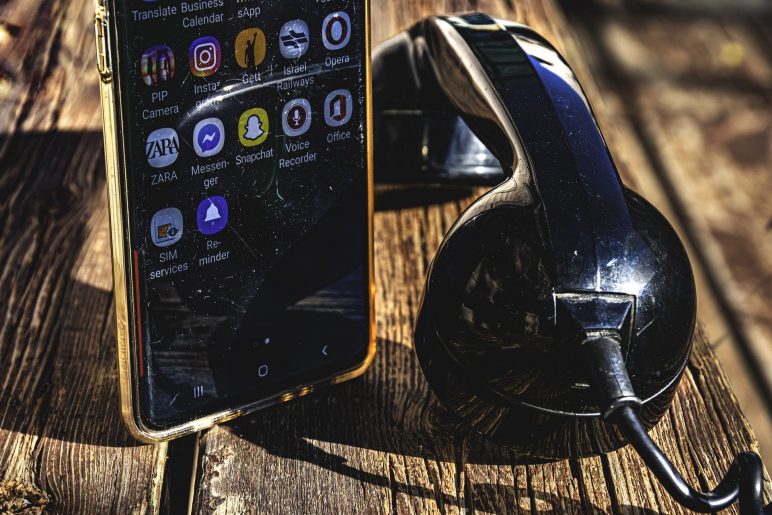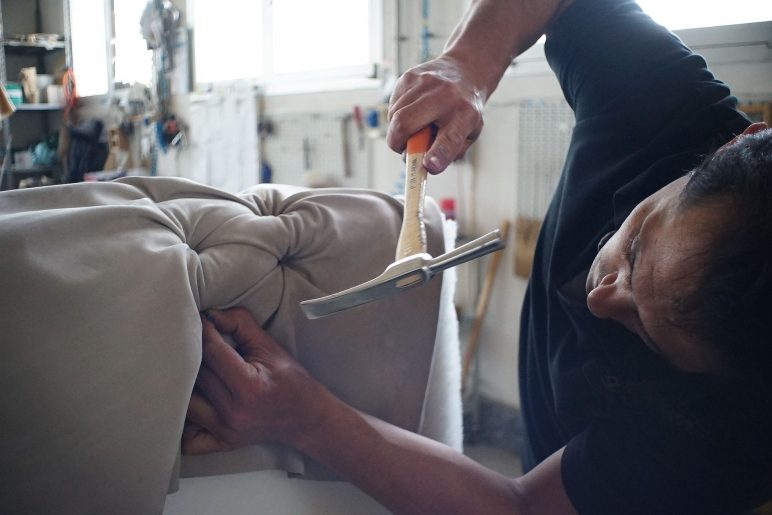When you think of the UK’s National Health Service (NHS) then excellent customer relationship management is probably not the thing that springs to mind. Talk to any UK citizen and for all the genuine positive feeling about the NHS – witness the recent “Clap for Carers” and happy 72nd birthday celebration – there will be a good sprinkling of people with awful tales of long wait times, misdiagnoses and all manner of poor interpersonal reactions.
I’m maybe lucky in that most of my interactions – and as we’ll see, there have been quite a few – have been positive, but I’d like to highlight one series that has much to teach the commercial sector about customer relationships.









